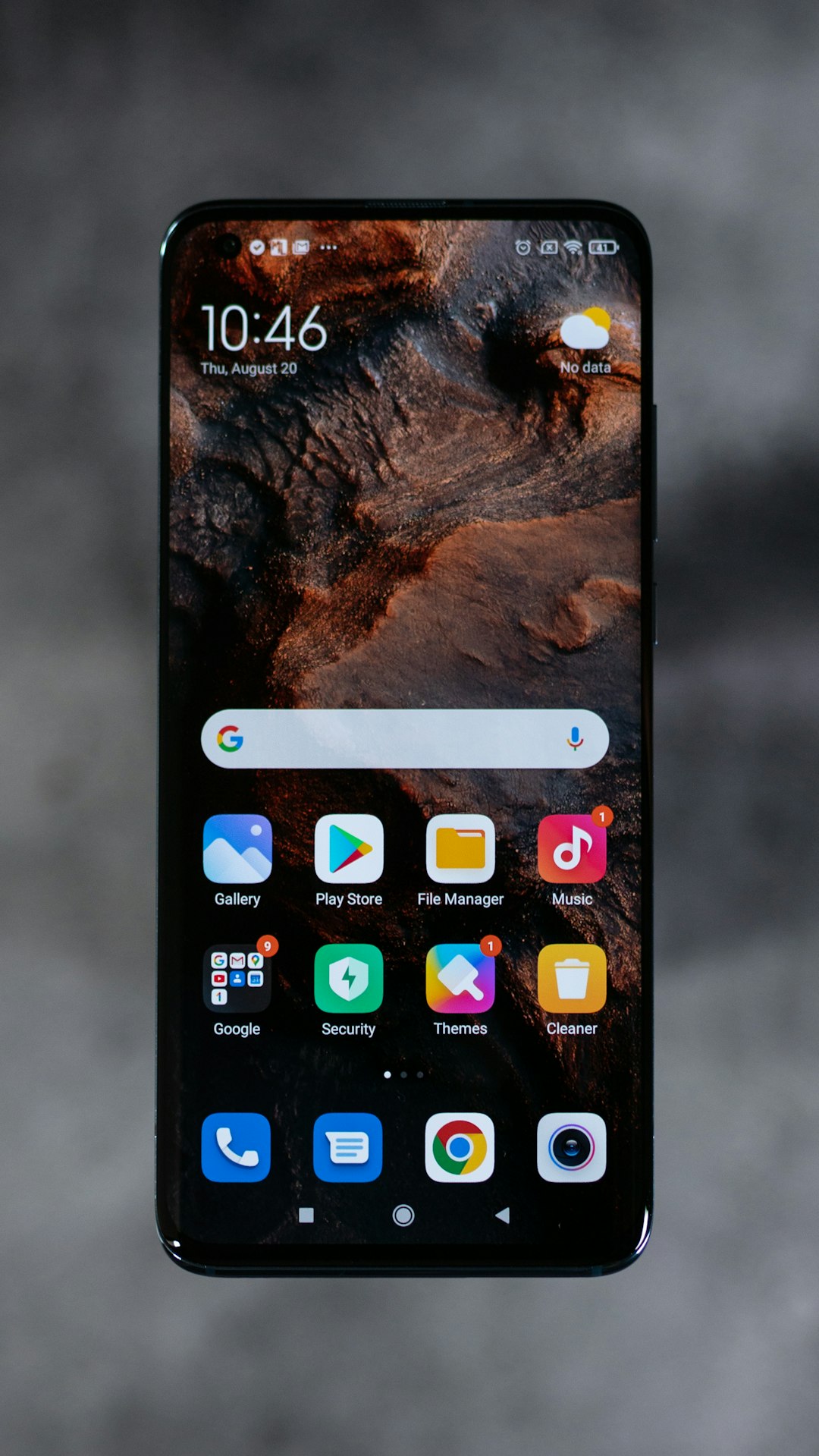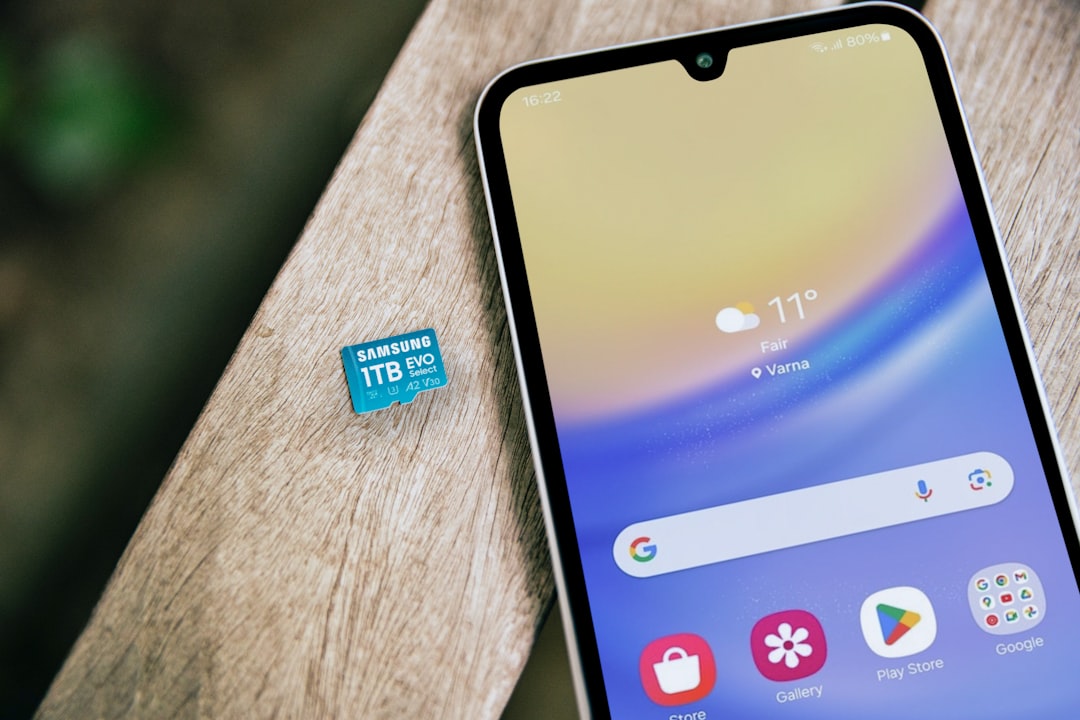In Florida, strict telemarketing laws protect consumers from unwanted calls and ensure fair business practices. Businesses must obtain explicit consent before making marketing-related calls, or face legal action and compensation for affected consumers. Nuisance calls are defined as any telephone communication initiated without consent, and the Florida Laws Against Unfair and Deceptive Acts (FDUTPA) offer protections. Consumers can file complaints with regulatory bodies and consult an unwanted call lawyer in Florida to pursue legal action against recurring harassment, aiming to halt unwanted calls and compensate for damages suffered. Prioritizing valid consent from recipients is crucial for businesses to comply with state laws and avoid potential lawsuits. Victims of unwanted telemarketing calls have legal protections and options, including filing complaints with the Federal Trade Commission (FTC) or consulting an unwanted call lawyer Florida.
In Florida, the role of consent in telemarketing calls is a critical aspect of consumer protection laws. Understanding these regulations is essential for both businesses and individuals alike to avoid legal repercussions. This article explores Florida’s telemarketing landscape, focusing on unwanted phone calls and the significance of obtaining valid consent. We delve into legal definitions, rights for victims, and available recourse, highlighting the importance of an Unwanted Call Lawyer in Florida for those affected by such practices.
Understanding Florida's Telemarketing Laws and Regulations

In Florida, telemarketing laws are designed to protect consumers from unwanted calls and ensure fair business practices. The state has established guidelines that regulate when and how businesses can contact residents via telephone, especially for sales or promotional purposes. Understanding these regulations is crucial for both telemarketers and consumers alike, as violations can result in legal consequences. One key aspect is obtaining explicit consent from the caller before making any marketing-related calls. This means that if a consumer has not given permission, what starts as an unwanted call could lead to legal action, including potential compensation for those affected.
Florida’s laws provide consumers with substantial rights regarding their phone number privacy. It’s essential for businesses operating within this state to adhere to these rules strictly. An unwanted call lawyer in Florida can guide both parties through this intricate legal landscape, ensuring compliance and offering recourse where necessary. With the rise of telemarketing, staying informed about these regulations is vital to prevent harassment and maintain a respectful consumer experience.
What Constitutes Unwanted Phone Calls in Florida?

In Florida, an unwanted phone call, often referred to as a “nuisance call,” is defined as any telephone communication made without the prior explicit consent of the recipient. This includes automated calls, prerecorded messages, and live callers attempting to sell products or services. The Florida Laws Against Unfair and Deceptive Acts (FDUTPA) protect consumers from such unwelcome marketing practices by prohibiting businesses from engaging in unfair or deceptive acts in commercial transactions.
An unwanted call lawyer in Florida can help individuals navigate this legal landscape. If a person receives repeated calls despite requesting the caller stop, it may constitute harassment under state laws. Such lawyers can guide victims of these practices on how to file complaints with regulatory bodies and potentially seek legal recourse to stop the unwanted calls and obtain compensation for any resulting damages.
The Importance of Obtaining Valid Consent Before Calling

Before making any telemarketing calls, businesses in Florida must prioritize obtaining valid consent from recipients. This is a crucial step to ensure compliance with state laws and to prevent legal repercussions, including potential suits from unwanted call lawyers Florida. The Telemarketing Act of 1991 and subsequent regulations require companies to obtain explicit permission from consumers before contacting them for promotional purposes.
Valid consent means that individuals have freely given their authorization, understanding the nature of the call and its purpose. This can be achieved through various methods such as signed consent forms, verbal agreements during initial contact, or opt-in lists. By ensuring informed consent, businesses can foster trust with their customers and avoid costly legal disputes often associated with unwanted calls.
Legal Recourse for Victims of Unwanted Telemarketing Calls

Victims of unwanted telemarketing calls in Florida have legal recourse and options available to them. If a consumer receives unsolicited phone calls from telemarketers, they may be able to take action against the caller under state and federal laws. According to the Telephone Consumer Protection Act (TCPA), it is illegal for companies to make automated or prerecorded calls to individuals without their prior express consent.
In Florida, consumers can file a complaint with the Federal Trade Commission (FTC) or seek legal counsel from an unwanted call lawyer in Florida. An attorney specializing in telemarketing law can help victims understand their rights and take appropriate measures against the offending company. This may include seeking damages for each violation of TCPA regulations, which can add up to significant compensation per incident.






